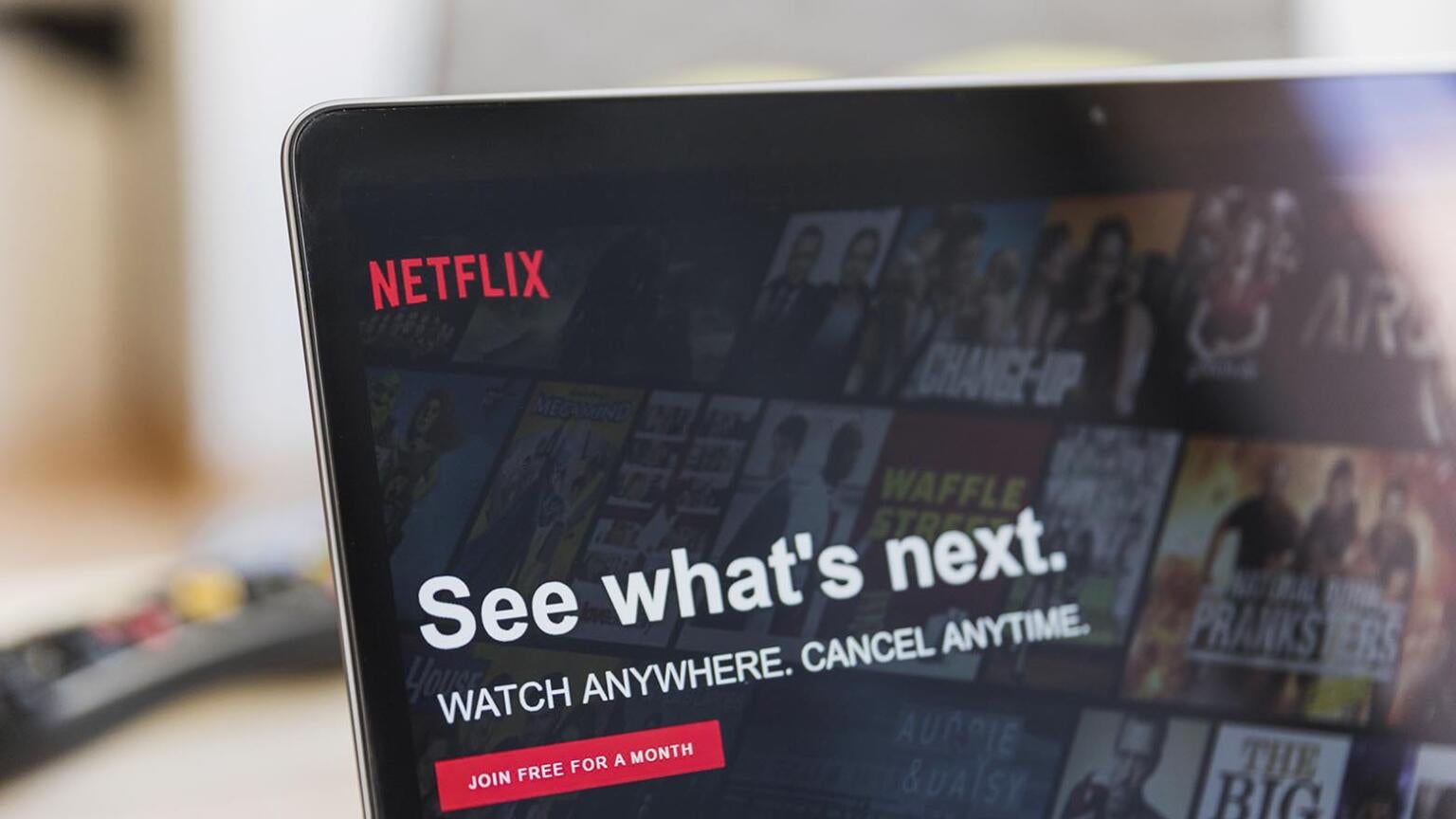Netflix Claims It Errantly Posted Password Sharing Rules that Would Block Devices Outside of Subscribers’ Homes in U.S.
Netflix Claims It Errantly Posted Password Sharing Rules that Would Block Devices Outside of Subscribers’ Homes in U.S.

Netflix will be rolling out enhanced efforts to curb password sharing in the United States by the end of March; that much we know for sure. That was confirmed by co-CEO Greg Peters in January as part of the company's fourth-quarter 2022 earnings report. However, the exact specifics as to what those efforts will look like have yet to be revealed by the world’s largest streamer; at least not officially.
Earlier this week, the streamer’s official domestic Help Center detailed new protocols to prevent people from using someone else’s account to access Netflix’s platform. The new rules would require subscribers to verify their home devices every month and devices outside of the home would be blocked and encouraged to create an account of their own.
The news that Netflix would be blocking devices without a full explanation of what that would mean for people who travel for a living, students in college who live away from their parents, people with multiple homes, and more was not well received by users — whether they were subscribers or those who stream on a subscriber’s account.
However, those new rules were removed from the Netflix website as of Wednesday, Feb. 1, leading to confusion as to exactly what the world’s largest streamer was planning for its already-announced initiative. It turns out, according to a Netflix spokesperson, that those rules are in fact currently in place, just not yet in the United States.
“For a brief time yesterday, a help center article containing information that is only applicable to Chile, Costa Rica, and Peru, went live in other countries,” the spokesperson told The Streamable. “We have since updated it.”
The Netflix spokesperson confirmed that if and when the company was to make a change that significant, it would not begin rolling it out without first communicating the details to customers. Over the past year, the service has been testing anti-password-sharing measures in several Latin American countries in an effort to find the best solutions before launching them to subscribers around the world; unfortunately, like the idea of devices being blocked, those tests often resulted in significant pushback from customers.
However, Netflix is committed to finding something that works for its customers, no matter what their situation may be.
“I think there’s a range of motivations for different borrowers,” Peters said in January. “So some of it is economically driven and so a part of what we’re trying to do is that we are being responsive to that and finding the right price points, whether in terms of an individual account or an extra member affordance.”
The company continues to plan to unveil its new initiatives to curb password sharing before the end of March, but the Netflix spokesperson told The Streamable that some of the components of the plan will be staggered, presumably to allow users to plan accordingly and to assess how the efforts are working.
While it stands to reason that the procedures that Netflix currently has in place in Chile, Costa Rica, and Peru might end up serving as the model for how paid-sharing works domestically, that is no guarantee. Given the vocal concern over this week’s errant Help Center article, the streamer essentially has two months to come up with a different way to monetize the estimated 100 million people worldwide who regularly use the Netflix service without paying for it. Only time will tell if the inadvertent posting was simply a sign of things to come, or if the streaming giant will now have different plans in place when it begins to combat password sharing in the United States.
Netflix
Netflix is a subscription video streaming service that includes on-demand access to 3,000+ movies, 2,000+ TV Shows, and Netflix Originals like Stranger Things, Squid Game, The Crown, Tiger King, and Bridgerton. They are constantly adding new shows and movies. Some of their Academy Award-winning exclusives include Roma, Marriage Story, Mank, and Ma Rainey’s Black Bottom.

